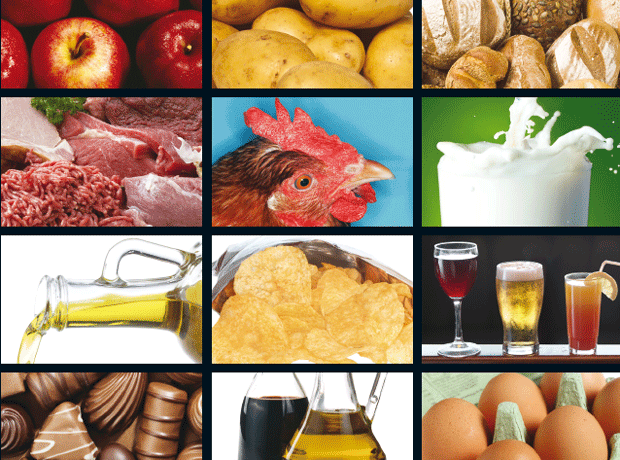More than 60% faced with higher grocery bills amid food inflation

More than six in 10 consumers (62%) say the price of their average weekly food shop has increased in the past six months, with two-thirds expecting further price hikes over the next half year, according to new research.
ALREADY HAVE A REGISTERED USER ACCOUNT? PLEASE LOG IN HERE
To read the full story join the ConvenienceStore.co.uk community today!
Registration is quick and easy and provides access to:
- Unlimited ConvenienceStore.co.uk articles
- Our great range of newsletters
- Content you’ve saved for later via the ‘my library’ feature
And much more…






















